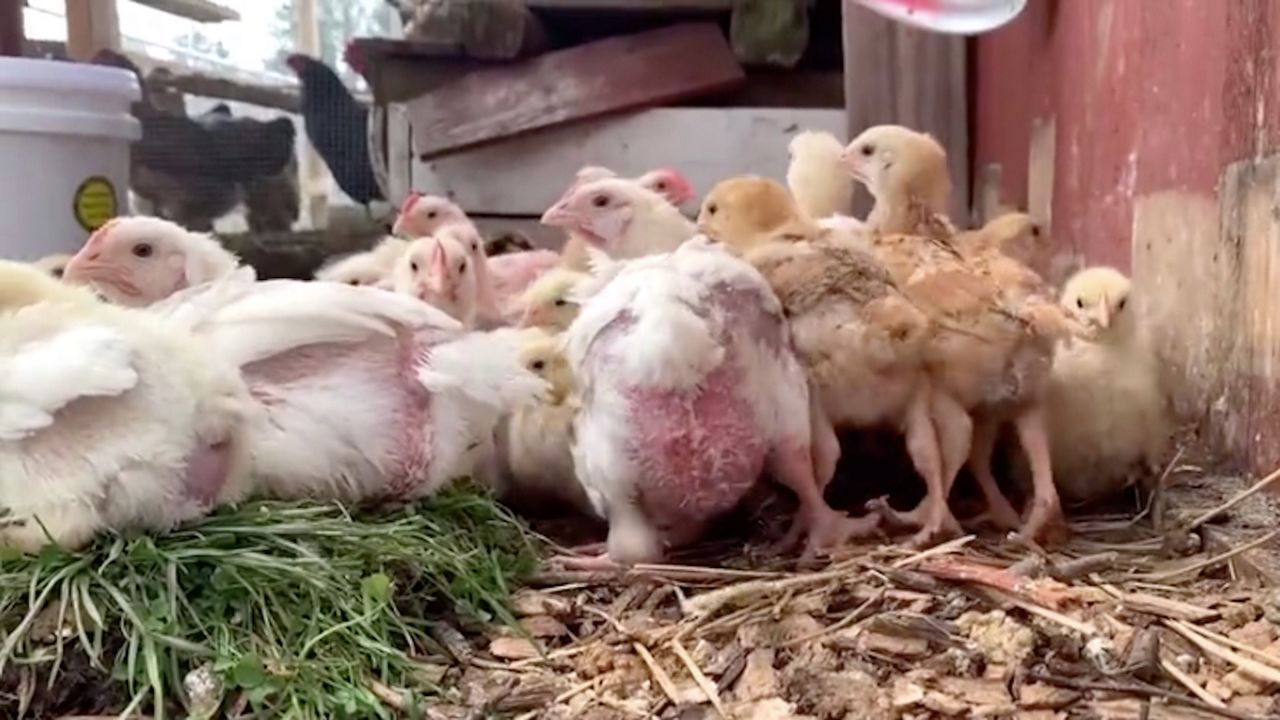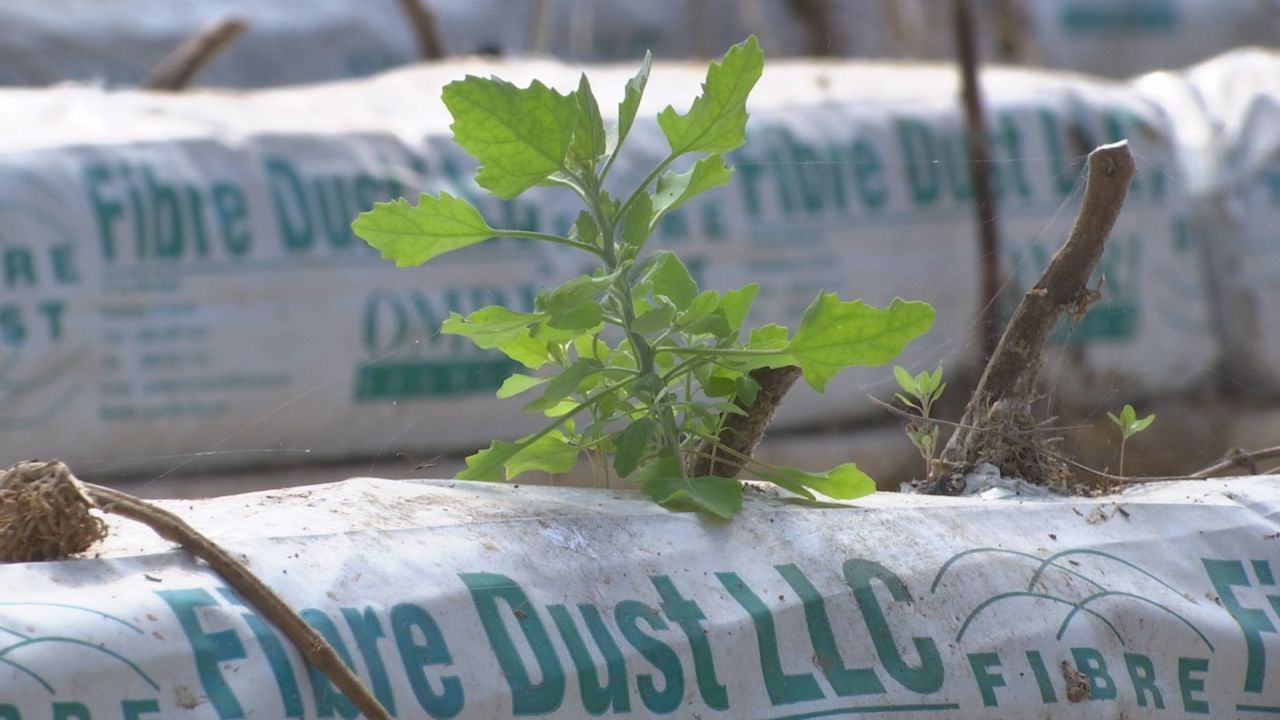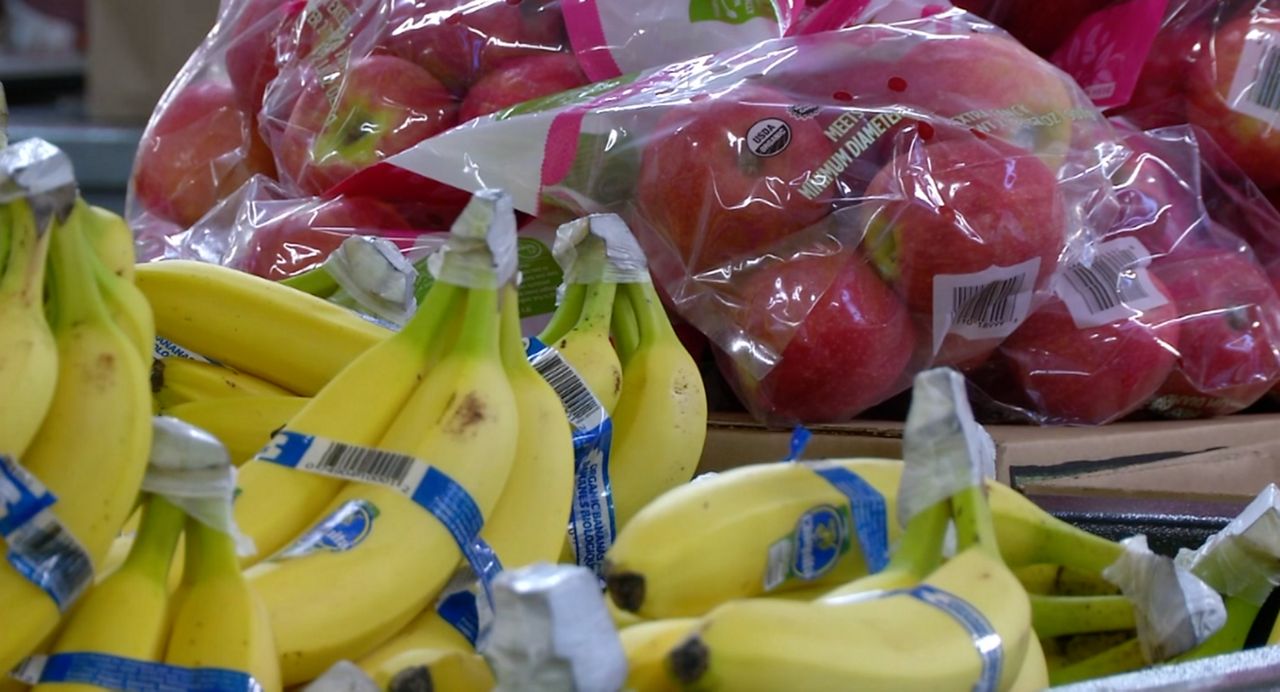LEWISBURG, Ohio — Since the beginning of this year, farmers across the state of Ohio have been hard at work making sure consumers get the food they need.
But since early March that’s been a challenge. The demand and price for many crops like soybeans and corn have declined.
- Crops and livestock were hit hard by the pandemic
- Prices for corn went down by 19 percent and soybeans went down by 13 percent
- Farmers believe this is a good time for consumers to connect with them
What You Need To Know
This has had a tremendous impact on Ohio farmers like Lane Osswald, who grows about 15 hundred acres of corn, soybeans and other crops.
“When people don’t travel, they don’t use gasoline, they don’t use Ethanol and Ethanol makes up about a third of the corn use in the demand in America,” said Osswald. “The demand loss of Ethanol has really hurt the corn market.”
According to the Ohio Farm Bureau Federation, the price of corn has decreased by 19 percent and soybeans have decreased by 13 percent.
“A lot of our crops are exported, so when world markets started to slow down because of COVID-19, China is a very large market for soybeans, and of course they took a hit to start with,” he said.
And corn and soybeans aren’t the only things majorly impacted right now. Livestock have also taken a hit.
“We were already on a razor-thin margin in 2020 and that demand destruction has just shot a hole in any profit potential we hope to have,” he said.
But despite the negative impact COVID-19 has had on the farming business, Osswald says there is a plus side.
“It’s encouraging people to look around their communities, look past the grocery stores and look for places that produce their foods,” he said. “They can talk to the producers and buy their food from someone who is literally planting and growing it for them.”
Nadia Ruffin, who owns an urban farm in Cincinnati,i also agrees that this is a good opportunity for consumers to grow a connection with farmers.
“It has opened up a new opportunity for people, not just myself, but other people as well, who are in this field,” said Ruffin. “It will allow them to have people come directly to their farm now and they don’t have to have that middleman.
Overall, Osswald says he’s optimistic about the future of the agriculture industry and is doing all he can to make sure his business survives during these uncertain times.
“Doing the best we can to mitigate the risks, lower our input costs as much as possible and look for the opportunity to hopefully find a profitable marketing price,” said Osswald.









